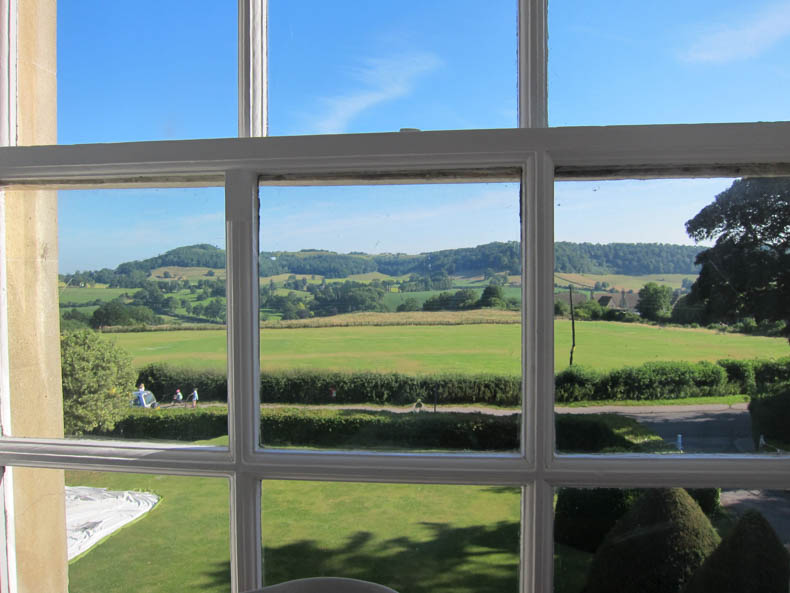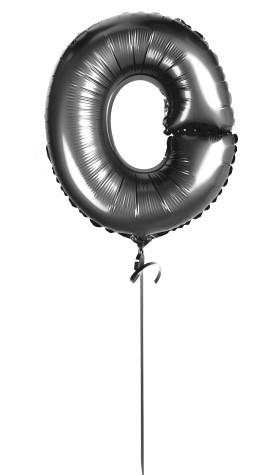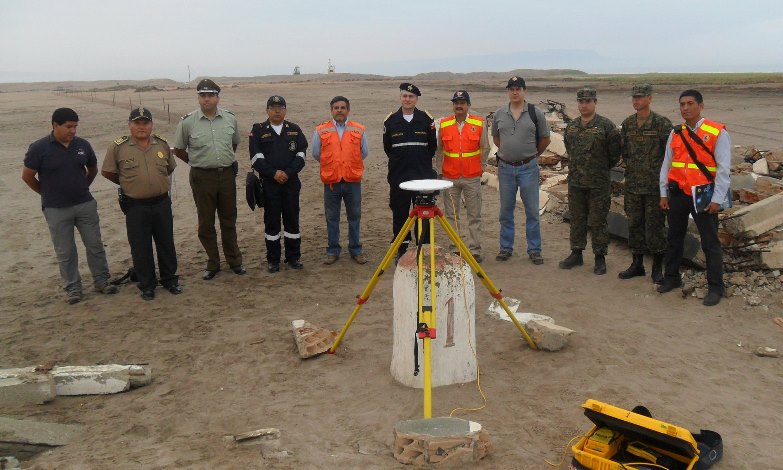
Cassandra wrote a post about the landlocked Bolivian navy in which she explained, in passing, that Bolivia once had a coast but lost it to Chile in the War of the Pacific. One of the comments on that post, by guest poster Nick Suntzeff, was a post in itself and we thought you’d like to see it.
[Warning, my extended family is Chilean].
The 1880 War of the Pacific, which is essentially unknown here in the US, is still of vital interest in the Southern Cone. I think that a neutral version of the war would state that Bolivia imposed a tax on Chilean companies operating in Bolivia, in contradiction to a treaty between the countries. Chile protested, and Bolivia claimed that the dispute must be settled in Bolivian courts and not by international arbitration. Chile then claimed that the border treaty with Bolivia was therefore voided (a dubious claim), and sent troops to occupy Antofagasta. Unknown to Chile, Bolivia and Peru had signed a treaty in 1873 that the other country would come to its aid in case of war, bringing Peru into the fracas. Argentina was also in secret negotiation with Bolivia, being the eternal enemy of Chile, and while officially remaining neutral, did provide some scant aid to Bolivia and Peru. In return for not entering the war, Chile ceded the eastern part of Patagonia to Argentina.
With the occupation of Antofagasta by Chile, the war started, and I think to everyone’s surprise, including Chileans, Chile won the war. Peru and Bolivia were forced to sign a treaties (1904 and 1929) ceding land to Chile. The Chilean navy was trained by the the British Admiral Lord Cochrane which perhaps explains the victory, and to this day, all Chilean navy officers speak fluent English, wear British Admiralty uniforms, and secretly supported Britain in the Falklands War.
I lived in La Serena Chile for over 20 years, and the War of the Pacific, while known by all Chileans, had lost its primacy in their daily lives. In my city, there were reminders of the war – in one plaza are a series of rather treacly rococo statues stolen by the Chilean army from Lima and gifted to the city. Almost no one knows where they came from anymore, and they stand there, in uncomfortable corpulent alabaster poses from another century.
One local who did know where the statues came from joked to me that the statues were gifts from Peru when Chile “visited” – burned to the ground really – Lima during the war and gave the Peruvians the correct recipe for a pisco sour. Borders are important, but the history of pisco sours can even be more contentious in Chile and Peru. Never tell this joke in Lima.
Continue reading →

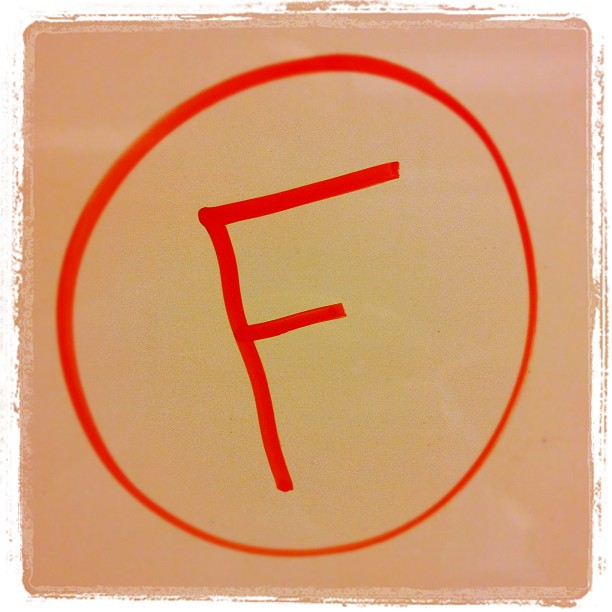
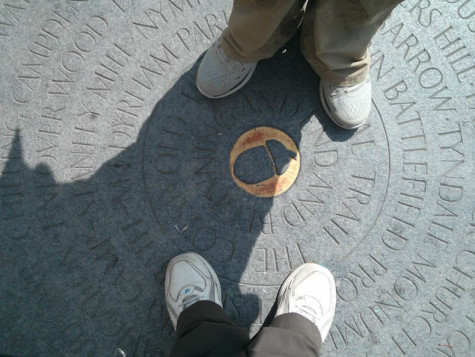


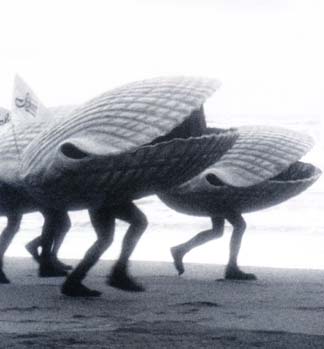 I find myself thinking about the word ‘clam’ more often than is decent, at least without some thought. I call certain pairs of pants ‘clamdiggers’, even though I’ve never worn them to do such a thing. When I scrounge around to find dollar bills in pockets and drawers—and then these clams disappear quickly into other pockets and piggybanks—I really do feel like I’m shelling out. And this morning, watching a new reader engrossed in a book with a contented, close-lipped smile, the first thing that I thought was, he really is as happy as a clam.
I find myself thinking about the word ‘clam’ more often than is decent, at least without some thought. I call certain pairs of pants ‘clamdiggers’, even though I’ve never worn them to do such a thing. When I scrounge around to find dollar bills in pockets and drawers—and then these clams disappear quickly into other pockets and piggybanks—I really do feel like I’m shelling out. And this morning, watching a new reader engrossed in a book with a contented, close-lipped smile, the first thing that I thought was, he really is as happy as a clam.